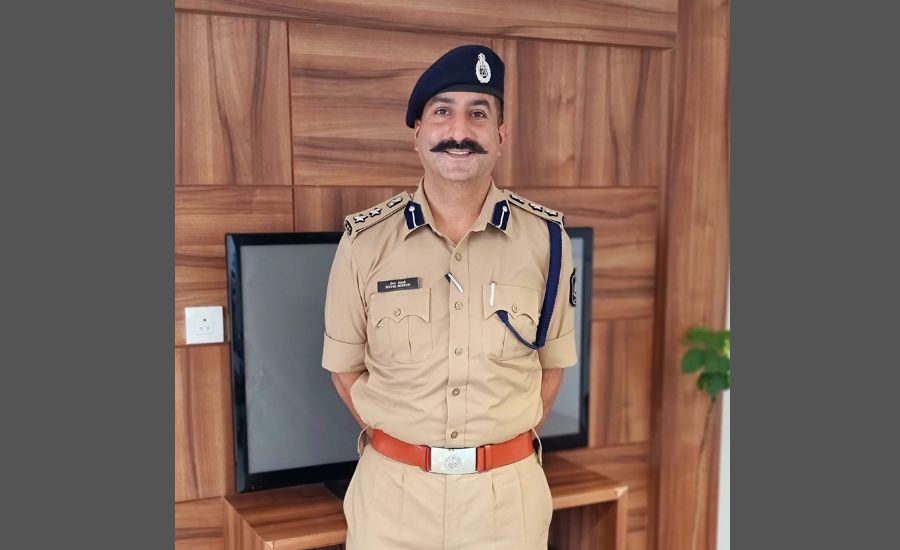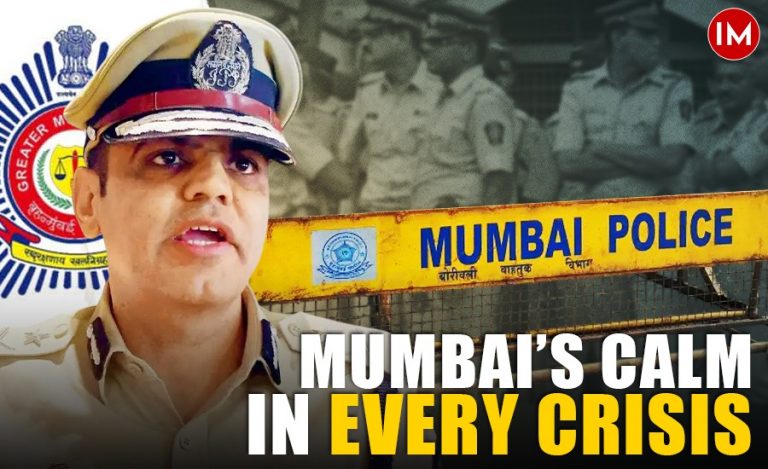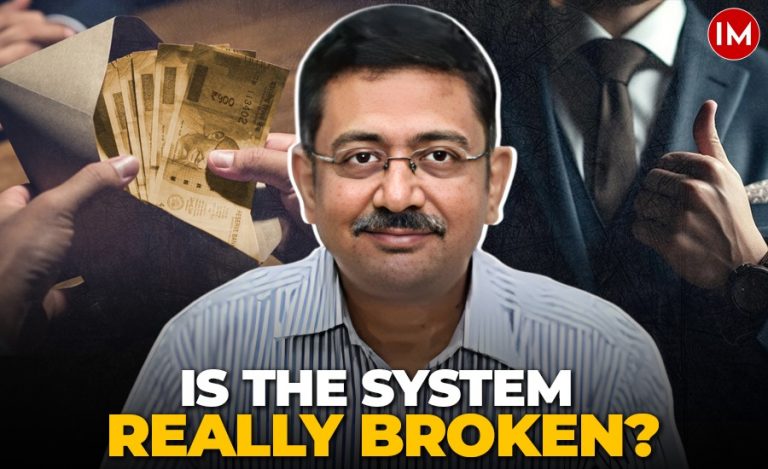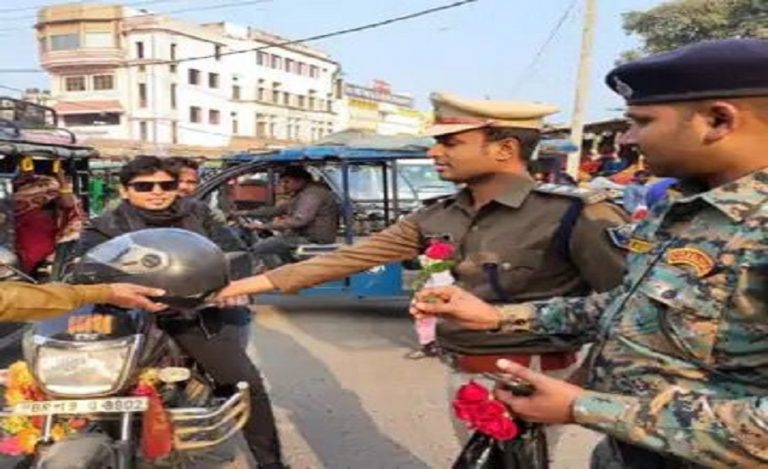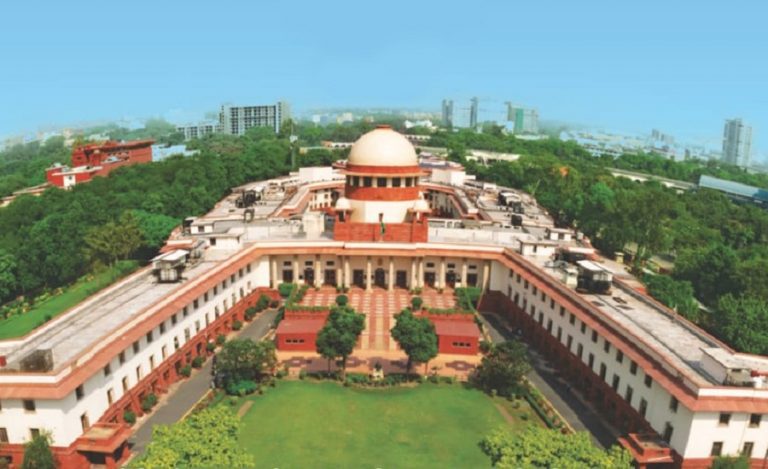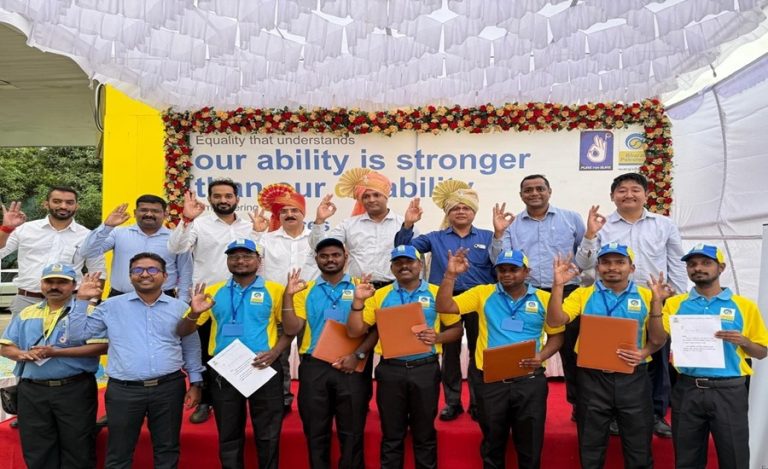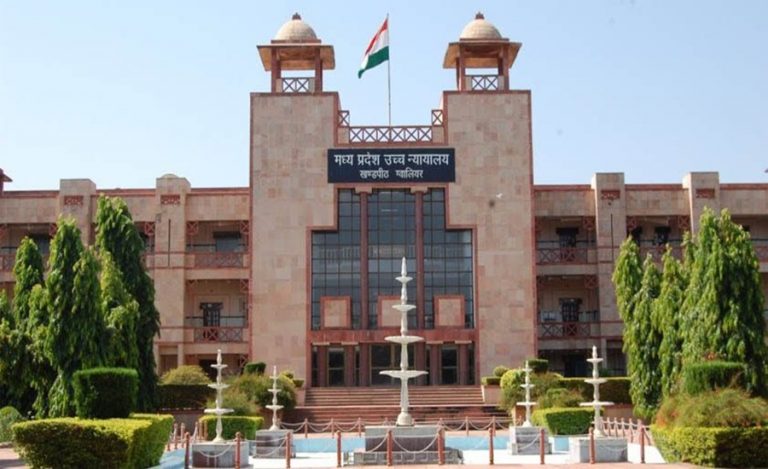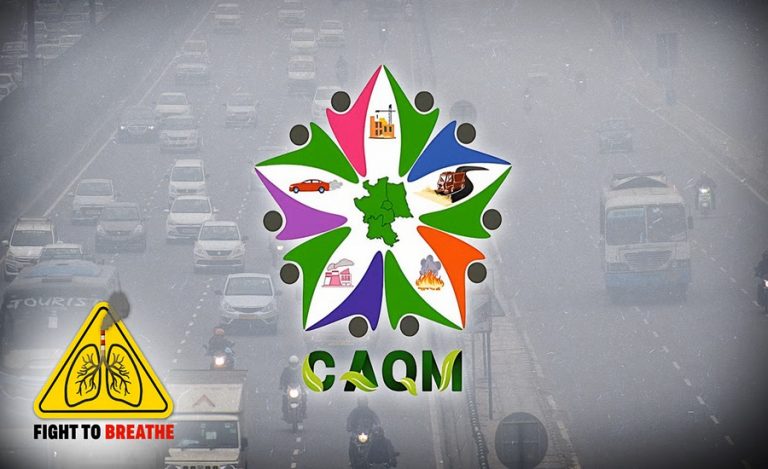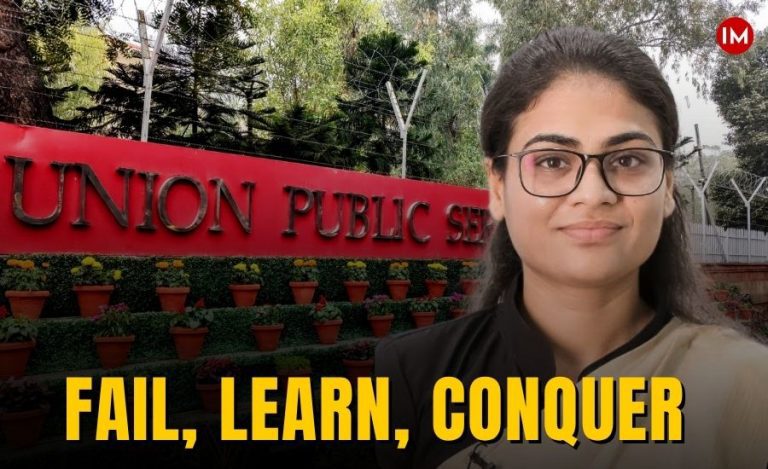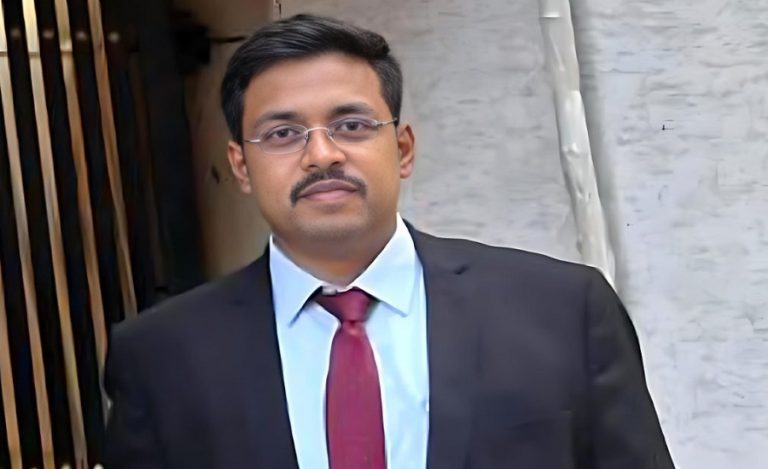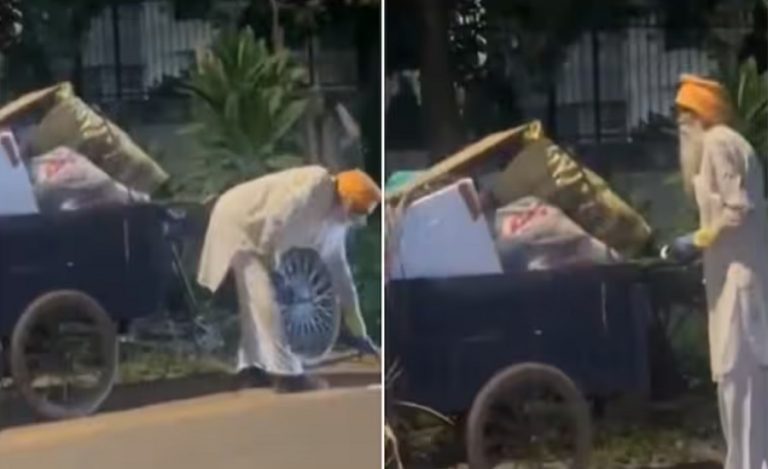In the small, often overlooked villages of India, dreams are not uncommon—but the road to achieving them can be long, steep, and filled with silence. For Deepak Meghani, now a 2010 batch Indian Police Service officer serving as DIGP (Law & Order) in Gandhinagar, Gujarat, the journey began in one such village where opportunities were scarce and information about competitive exams even scarcer.
Raised in a modest household, Meghani completed his schooling at a government school. He was drawn early on to public service, but his surroundings offered little guidance. It was not until he stumbled upon a magazine featuring interviews of successful UPSC candidates that the path ahead took shape. That spark, ignited in the quiet aisles of a village library, would slowly grow into a lifelong mission.
With no access to elite coaching centres or tailored study material, he relied on local libraries, second-hand books, and digital content. The library became a second home, a place where distractions were replaced by notes, marked pages, and slow but steady progress. The boy who studied in a Gujarati medium school chose to write the UPSC examination in English—an ambitious move that invited scepticism from peers and well-wishers alike. Some laughed. Others advised his parents to intervene. But he kept going.
THE STRUGGLE BEHIND THE STRATEGY
His college years brought new challenges. Most of his classmates were preparing for degrees abroad or corporate roles, while he quietly worked toward clearing the Civil Services Examination. He spent long hours in the library, rarely seen in the hostel common rooms or canteen. Balancing his graduation in Physics with the preparation for UPSC was no easy task. Without a strong support system, he had to push against multiple fronts—academic pressure, financial limitations, and widespread doubt about his choices.
At home, things weren’t easier. Financial constraints and social pressure loomed large. Relatives often encouraged his parents to nudge him toward “safer” options. But Meghani’s focus remained unchanged, even when it meant managing with minimal resources and second-hand study materials.
His first few attempts at the UPSC did not go as planned. But each failure added to his learning curve. Eventually, his name appeared on the list of successful candidates. The journey had demanded years of silent work, rejection, and continuous self-correction, but it culminated in selection to one of India’s most prestigious services.
A CAREER IN UNIFORM — AND BEYOND
As an IPS officer, Deepak Meghani has served in several key roles across Gujarat. He has worked as Superintendent of Police in Surendranagar and as DCP Zone-I in Vadodara City. In January 2023, he was promoted to the rank of Senior Superintendent of Police. His work has not gone unnoticed—he was awarded the Director General of Police’s Commendation Disc and a Letter of Appreciation for his contributions to the force.
Yet, Meghani’s influence extends beyond the uniform. A passionate writer, he has authored several books in Gujarati, ranging from exam strategy guides to personal reflections. His writings blend practical advice with real-life experiences, making them relatable to aspirants who, like him, come from non-metropolitan backgrounds. He also maintains a YouTube channel—free from commercial tone or official endorsements—where he shares lessons in preparation, literature, and fitness.
BREAKING DOWN ESSAY WRITING FOR UPSC ASPIRANTS
Drawing from his own preparation and attempts, Meghani explains how the essay paper can become a scoring area if approached methodically. He emphasises the importance of structure, advising aspirants to clearly divide their essays into an introduction, body, and conclusion. Planning before writing, he says, is not optional—it’s essential. He recommends allocating up to 30% of the allotted time just for brainstorming and sketching the flow.
Unlike answers in General Studies papers, Meghani warns against bullet points, headings, or overly decorative writing in essays. Instead, he advocates for clarity, precision, and logical sequencing. He advises using simple, powerful language over flowery expressions and stresses that strong arguments should not be masked with adjectives or ornamental phrases. For him, effective essay writing is less about flair and more about purpose and coherence.
He also talks about vocabulary—knowing the right word for the right thought—and paragraph transitions, which he describes as the “turns” in the journey of an essay. Quotations can be included, he notes, but only where they genuinely enhance the argument. Time management is another key point—he advises aspirants to avoid wasting precious minutes on presentation, colourful pens, or elaborate calligraphy.
Meghani’s insights are pragmatic and rooted in personal struggle. He reminds aspirants that essays are not just about ideas—they are about presenting those ideas in a well-connected, reader-friendly format. For many first-time writers, his guidance serves as a roadmap to improve both thought and expression.
Today, while he continues his service in Gujarat’s law and order machinery, his broader impact is seen in classrooms, libraries, and online forums where young aspirants seek guidance. His success stands as an example for those who may not have perfect conditions but are willing to work with what they have.

